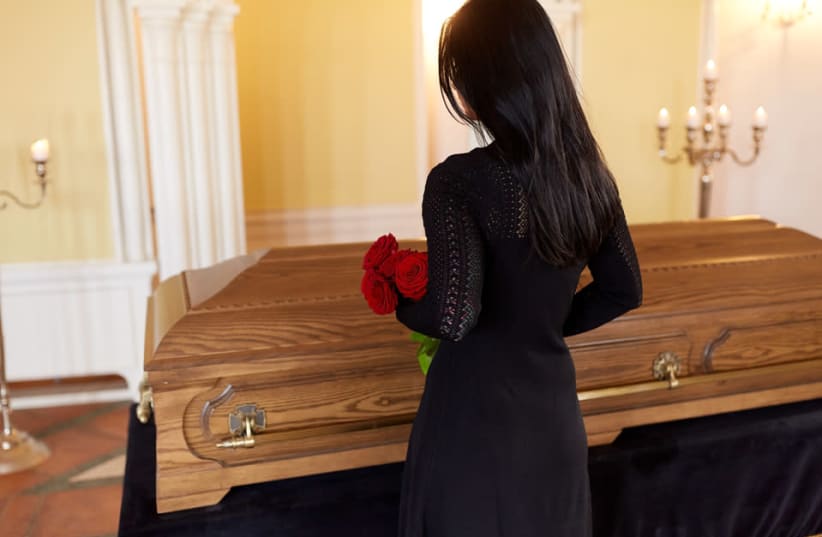This is a very stressful and anxious time when you are already grieving on the death of a loved one, and then have to focus on making sure that the funeral arrangements run smoothly. The responsibility of managing a smooth funeral is immense. Funerals serve as the last worldly interaction between the grieving family and the deceased person: everything should be in order so that the hardest goodbye doesn’t leave you obliterated under the pressure of messing things upThere are different protocols that need to be evaluated. From making the first call, planning the funeral, and arranging important logistics such as transportation and caskets, every step in funeral arrangements needs to be executed with diligence and composure.
If death is inevitable, in the case of a prolonged disease or terminal illness, then the responsible person has quite some time to flesh out the arrangements. However, in the case of a sudden or tragic passing, things can quickly turn on their heels, leaving little or no time to execute the final moments comfortably. Here are some valuable insights that will help you manage a funeral responsibly, and without hassle.
After death is confirmed, it is vital to make the ‘’first call.’’ This call is basically a distress signal that notifies relevant parties such as the family of the person, or their guardian about the tragic event so they can plan accordingly. After making the first call, the deceased has to be removed from the place of death elegantly.
Arranging Transportation
The deceased needs to be transported to a funeral home, or any place that the family has decided. To make this happen, appropriate transportation needs to be arranged. In some cases, the person that has embraced death might be of another city or locality. If this is the situation, then second transportation will be required to move the person to the final destination that they belong to.
Funeral Services
After the logistics of transportation are managed, the family and important stakeholders need to take care of the funeral services. To this end, you will have to meet the funeral director, or access any pre-arrangements that the deceased requested for within their lives. It is extremely important to respect the wishes of the deceased if they had already selected a service provider during their lifetime. During this phase, you also need to decide how the deceased will be cared for: whether they will have a burial ceremony or a cremation. Again, the first consideration should always be what the family wants.
